
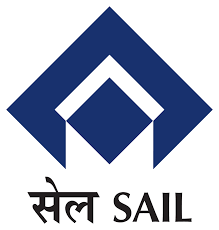
The Steel Authority of India Limited (SAIL) is a leading state-owned steel-making company in India. Established in 1973, SAIL has emerged as one of the largest steel producers in the country, contributing significantly to India’s industrial growth. The company operates integrated steel plants across various locations, producing a diverse range of steel products for domestic and international markets. SAIL is known for its commitment to quality and technological advancements in the steel industry. With a focus on sustainable practices, SAIL has played a crucial role in supporting infrastructure development and meeting the growing demand for steel in India. The company remains a key player in the nation’s economic progress and industrializatn.
Hindustan Aeronautics Limited (HAL) is a premier aerospace and defense company in India, founded in 1940. As a government-owned enterprise, HAL has been a cornerstone in the development and production of aircraft, helicopters, and related systems. The company plays a pivotal role in bolstering India’s defense capabilities and has been instrumental in numerous indigenous aircraft projects. HAL’s expertise spans design, manufacturing, and maintenance, with a focus on cutting-edge technology and innovation. Over the years, HAL has contributed significantly to the Indian armed forces and has also earned international recognition for its aeronautical achievements. With a commitment to self-reliance in defense production, HAL remains a key player in India’s aerospace industry.


The National Company Law Tribunal (NCLT) is a quasi-judicial body in India, established under the Companies Act, 2013. It serves as a specialized forum for adjudicating and resolving corporate disputes and matters related to company law. NCLT has jurisdiction over a wide range of cases, including insolvency and bankruptcy proceedings, mergers, and corporate governance issues. With multiple benches across the country, NCLT plays a pivotal role in the resolution of complex corporate disputes and restructuring of companies. The tribunal aims to provide a time-bound and efficient mechanism for the resolution of company law matters. NCLT’s decisions have a significant impact on corporate governance, insolvency, and the overall regulatory landscape of the Indian business environment.
The Registrar of Companies (ROC) is a government office in India operating under the Ministry of Corporate Affairs. It plays a vital role in the administration and regulation of companies and their compliance with the Companies Act. ROC maintains and updates the official records of registered companies, ensuring transparency and accountability in the corporate sector. The office oversees the registration of new companies, handles changes in company details, and monitors compliance with statutory requirements. ROC also plays a crucial role in facilitating corporate governance and protecting the interests of shareholders. Through its regional offices across the country, ROC serves as a central repository of information on corporate entities, contributing to the overall regulatory framework for businesses in India.

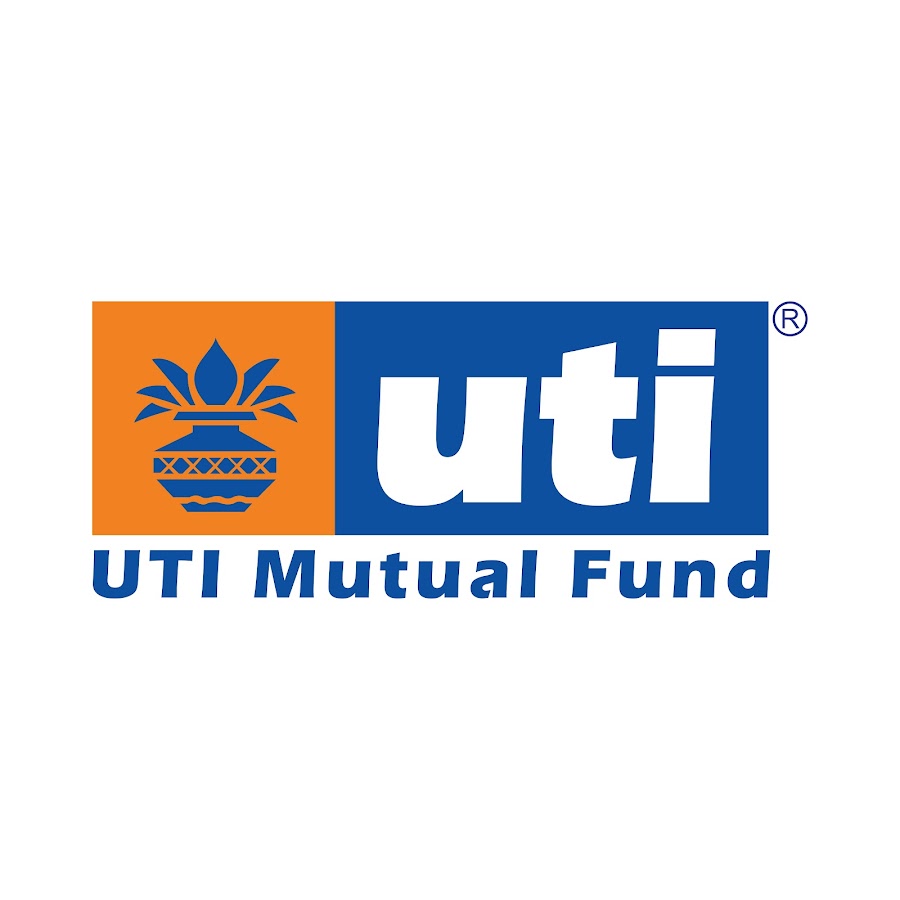
UTI Asset Management Company (UTI AMC) is a prominent player in India’s financial landscape, specializing in asset management services. Established in 2003, UTI AMC is a joint venture between four major public sector financial institutions, namely State Bank of India, Bank of Baroda, Punjab National Bank, and Life Insurance Corporation of India. As one of the oldest and most trusted asset management companies in the country, UTI AMC offers a diverse range of mutual funds catering to the financial goals and risk profiles of investors. With a commitment to financial excellence, UTI AMC has earned a reputation for its transparent and client-centric approach. The company is renowned for its innovative investment solutions and has played a pivotal role in shaping the mutual fund industry in India. UTI AMC’s focus on investor education, ethical practices, and consistent performance has solidified its position as a leading asset management entity in the Indian financial sector.
UTI Infrastructure Technology and Services Limited (UTI ITSL) is a subsidiary of UTI Asset Management Company, providing technology-driven services in the financial and information technology sectors. Established in 1993, UTI ITSL specializes in offering a wide array of services such as registrar and transfer agency, e-governance, and technology solutions for the financial industry. With a focus on efficiency and innovation, UTI ITSL has become a key player in providing seamless and secure transaction processing for mutual funds, insurance, and other financial products. The company is committed to leveraging cutting-edge technology to enhance the overall efficiency of financial operations and client services. UTI ITSL’s reputation for reliability and technological expertise has contributed to its significant presence in the financial services landscape in India.

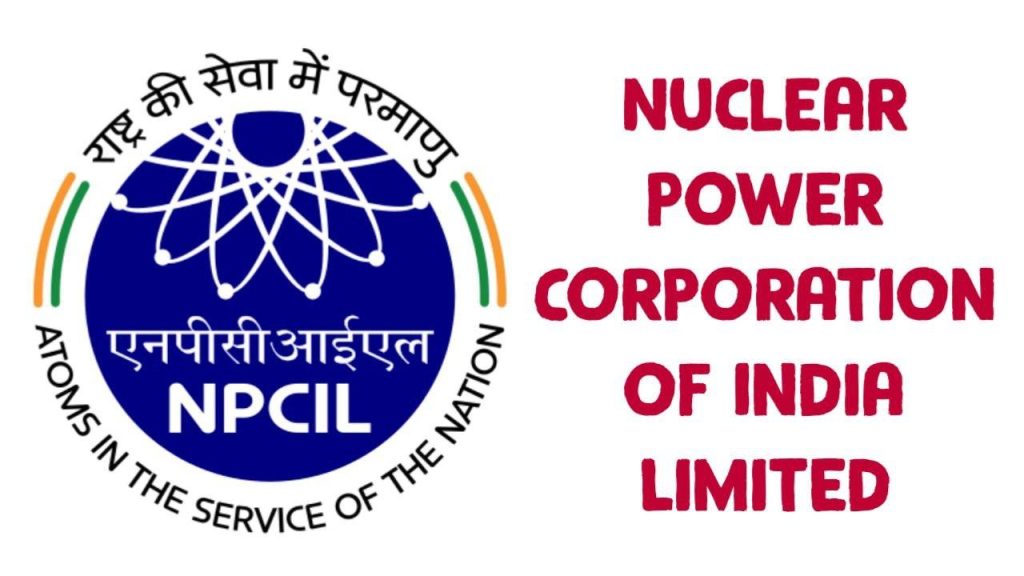
The Nuclear Power Corporation of India Limited (NPCIL) is a government-owned company established in 1987 with the primary objective of developing and operating nuclear power projects in India. Headquartered in Mumbai, NPCIL plays a pivotal role in the country’s nuclear energy sector. The corporation is responsible for the design, construction, and operation of nuclear power plants, contributing significantly to India’s energy needs. NPCIL operates several nuclear power stations across the country, generating a substantial portion of India’s electricity. The corporation adheres to strict safety standards and has been actively involved in expanding India’s nuclear power capacity. NPCIL is a key player in promoting sustainable and clean energy sources to meet the growing demands of the nation.
The Reserve Bank of India (RBI) is the central banking institution of India, established in 1935. Headquartered in Mumbai, RBI plays a crucial role in formulating and implementing monetary policy to maintain price stability and ensure economic growth. As the issuer of the Indian Rupee, RBI is responsible for currency management and regulating the country’s money supply. The central bank also oversees the banking and financial system, ensuring its stability and efficiency. RBI acts as the banker to the government and performs crucial functions such as regulating foreign exchange, managing India’s foreign reserves, and fostering financial inclusion. The Governor of RBI leads the institution, and it operates through various regional offices across the country.
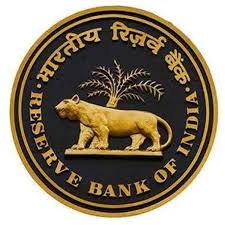

The Specified Undertaking of the Unit Trust of India (SUUTI) is a unique entity established by the Government of India. Created in 2003, SUUTI manages a diverse portfolio of investments held by the erstwhile Unit Trust of India (UTI), which was restructured into separate entities. SUUTI oversees the government’s stake in several leading Indian companies, including well-known financial institutions and blue-chip companies. The primary objective of SUUTI is to monetize these investments strategically, maximizing returns for the government. Its portfolio spans sectors such as banking, financial services, and public sector enterprises. SUUTI plays a crucial role in optimizing the government’s equity holdings and contributes to the overall fiscal management of the country.
The Life Insurance Corporation of India (LIC) stands as the largest and oldest state-owned life insurance company in India. Established in 1956, LIC has played a pivotal role in shaping the insurance sector in the country. Known for its vast network and robust presence, LIC offers a comprehensive range of life insurance and investment products to cater to diverse financial needs. As a major financial institution, LIC holds a significant market share and is renowned for its financial stability and customer-centric approach. The company has been instrumental in fostering a savings and protection culture among millions of Indians. LIC continues to be a cornerstone in the nation’s financial landscape, providing secure and reliable insurance solutions.


LIC Housing Finance Limited (LIC HFL) is a subsidiary of the Life Insurance Corporation of India (LIC) and operates as one of the largest housing finance companies in India. Established in 1989, LIC HFL specializes in providing home loans, loans against property, and other housing-related financial products. The company is known for its wide range of customized home loan solutions catering to various segments of the society. LIC HFL has a significant nationwide presence with a network of branches and marketing offices. The company has garnered a reputation for reliability, customer-centric services, and competitive interest rates. LIC HFL plays a crucial role in facilitating affordable housing and property ownership for individuals and families across the country.
The National Company Law Tribunal (NCLT) is a quasi-judicial body in India, established under the Companies Act, 2013. It serves as a specialized forum for adjudicating and resolving corporate disputes and matters related to company law. NCLT has jurisdiction over a wide range of cases, including insolvency and bankruptcy proceedings, mergers, and corporate governance issues. With multiple benches across the country, NCLT plays a pivotal role in the resolution of complex corporate disputes and restructuring of companies. The tribunal aims to provide a time-bound and efficient mechanism for the resolution of company law matters. NCLT’s decisions have a significant impact on corporate governance, insolvency, and the overall regulatory landscape of the Indian business environment.
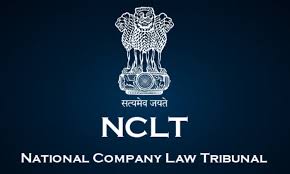

Bank of Baroda (BOB) is one of India’s largest and oldest public sector banks, established in 1908. With a rich history and extensive network, BOB has been a prominent player in the country’s banking and financial services sector. The bank operates globally with a presence in numerous countries, offering a comprehensive range of banking products and services. Known for its customer-centric approach, BOB has consistently adapted to evolving financial landscapes. The bank is recognized for its commitment to innovation and technology-driven solutions, enhancing customer experiences. BOB plays a vital role in supporting economic development through diverse banking solutions and has garnered a reputation for financial stability and reliability.
Bank of Maharashtra (BOM) is a public sector bank in India, founded in 1935. Headquartered in Pune, Maharashtra, the bank has a significant presence across the country with a network of branches and ATMs. BOM offers a wide range of banking and financial services, catering to the diverse needs of its customers. Known for its commitment to inclusive banking, the bank has played a pivotal role in supporting economic growth and development. BOM is recognized for its focus on technology, providing modern and efficient banking solutions. With a customer-centric approach and a strong emphasis on financial inclusion, Bank of Maharashtra continues to be a trusted name in the Indian banking sector.

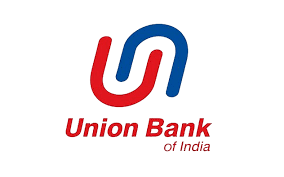
Union Bank of India is one of the oldest and major public sector banks in India, established in 1919. Headquartered in Mumbai, the bank has a widespread network of branches and ATMs across the country. Union Bank offers a comprehensive range of banking and financial services, including retail, corporate, and international banking. The bank is known for its customer-centric approach and innovative banking solutions. Union Bank actively contributes to the economic development of the nation by supporting various sectors through its financial products. With a commitment to technological advancements, the bank provides modern and efficient banking services to its diverse customer base. Union Bank of India continues to be a significant player in India’s banking sector, emphasizing financial inclusion and customer satisfaction.
Canara Bank is one of the leading public sector banks in India, established in 1906. Headquartered in Bengaluru, Karnataka, the bank boasts a widespread presence with numerous branches and ATMs nationwide. Canara Bank offers a diverse range of financial products and services, catering to both individual and corporate customers. Known for its commitment to inclusive banking, the bank has been a key player in supporting economic growth and development. Canara Bank has a strong international presence, with branches in various countries. With a focus on technology and customer satisfaction, the bank continues to evolve in the dynamic financial landscape. Canara Bank remains a trusted institution, contributing significantly to India’s banking sector.
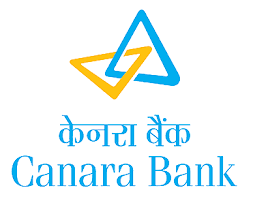
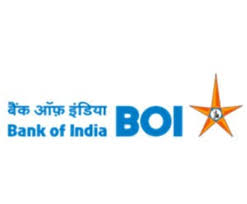
Bank of India, established in 1906, is a prominent public sector bank in India with its headquarters in Mumbai. As one of the oldest and leading financial institutions, the bank operates an extensive network of branches and ATMs across the country. Bank of India offers a comprehensive range of banking and financial services, including retail, corporate, and international banking. Known for its commitment to customer service, the bank has played a vital role in fostering economic development in India. With a focus on technology and innovation, Bank of India continues to adapt to the evolving financial landscape. The bank’s global presence extends to several countries, contributing to its status as a significant player in the international banking arena.
Punjab & Sind Bank, founded in 1908, is a public sector bank in India with its headquarters in New Delhi. The bank primarily operates in the northern and central regions of the country. Punjab & Sind Bank offers a range of financial products and services, including banking and insurance. Known for its commitment to social causes, the bank actively participates in community development and welfare initiatives. With a focus on technology-driven solutions, Punjab & Sind Bank provides modern banking services to its diverse customer base. The bank’s commitment to financial inclusion and customer satisfaction has solidified its position in the Indian banking sector. Punjab & Sind Bank continues to contribute to the economic growth of the nation.
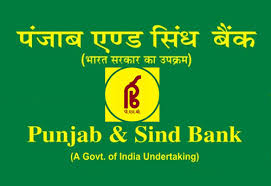

Indian Bank is a major public sector bank in India, founded in 1907 and headquartered in Chennai. With a rich history, it has been a significant player in the country’s banking sector. The bank provides a comprehensive range of banking and financial services, including retail and corporate banking, treasury operations, and international banking. Indian Bank is known for its focus on financial inclusion and has a widespread network of branches and ATMs across the nation. It has also expanded its presence globally. The bank is committed to technological innovation, offering modern and efficient banking solutions to its diverse customer base. Indian Bank remains a trusted financial institution contributing to the economic development of India.
Punjab National Bank (PNB) is one of the oldest and leading public sector banks in India, established in 1894. Headquartered in New Delhi, PNB has a vast network of branches and ATMs across the country. The bank offers a comprehensive range of financial products and services, including retail and corporate banking, agricultural banking, and international banking. PNB has a notable presence globally, catering to the banking needs of diverse customer segments. Known for its customer-centric approach, PNB has played a significant role in the economic development of the nation. The bank has a strong focus on digital banking solutions and financial inclusion. PNB continues to be a trusted institution with a commitment to integrity and innovation in the banking sector.
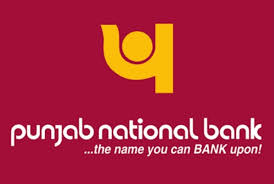

Hiranandani Group is a prominent real estate conglomerate in India known for its upscale residential and commercial developments. Founded by brothers Niranjan and Surendra Hiranandani, the company has played a pivotal role in transforming Mumbai’s skyline. Hiranandani Group is renowned for its integrated townships, premium residential complexes, and state-of-the-art commercial spaces. The group focuses on sustainable and environmentally friendly development practices. Apart from real estate, Hiranandani has interests in education, healthcare, hospitality, and other sectors. With a commitment to quality construction and innovative design, Hiranandani has earned a reputation for delivering lifestyle-oriented developments. The group’s projects often incorporate modern amenities, green spaces, and community-centric features.
Lodha Group is a prominent real estate development company based in India, with its headquarters in Mumbai. Established in 1980, Lodha has emerged as one of the largest and most successful real estate developers in the country. The company is known for its high-profile residential and commercial projects, including luxury residences, office spaces, and integrated townships. Lodha has a strong presence in major Indian cities and has expanded internationally, with projects in London. The group is recognized for its commitment to quality, innovation, and architectural excellence in the real estate sector. Please note that there may have been developments or changes in Lodha’s profile or projects since my last update.


Shivaami is an Indian technology company specializing in providing cloud-based solutions and services. Headquartered in Mumbai, Shivaami offers a range of IT services, including cloud computing, collaboration tools, and cybersecurity solutions. The company is known for its expertise in implementing and managing cloud-based applications, enabling businesses to leverage the benefits of modern digital infrastructure. Shivaami has a focus on assisting organizations in their digital transformation journey by offering scalable and innovative IT solutions. Additionally, the company provides services related to Google Cloud, Microsoft 365, and other leading technology platforms.

